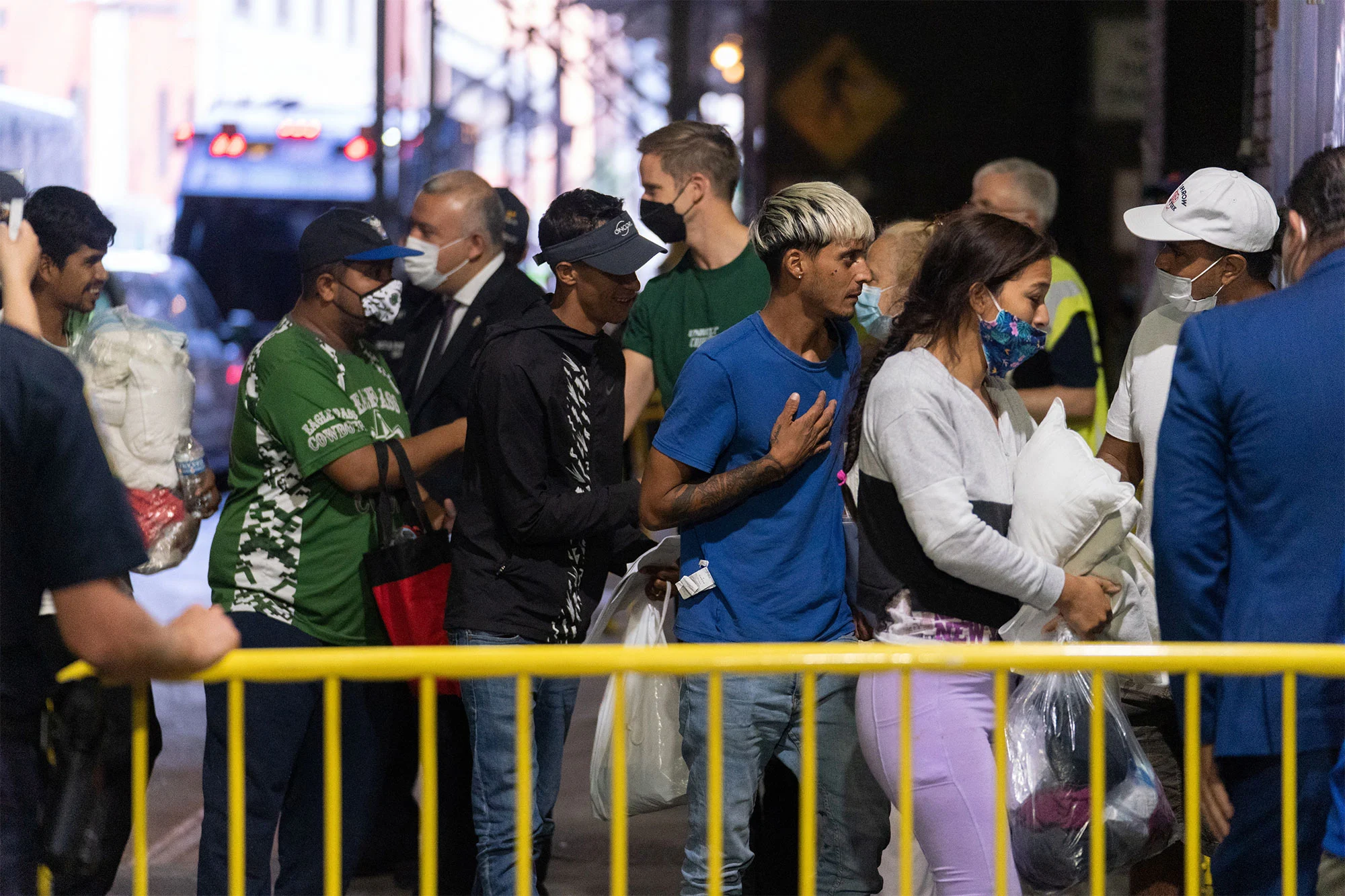By: Alicia Chen
Following the expiration of Title 42, which bans immigrants from seeking asylum to prevent the spread of Covid-19, a rush of immigrants has flooded New York. In the past year, the city has received around 60,000 of them. Many are overwhelmed, and officials have decided to send some of the immigrants to neighboring towns.
While some sanctuary cities such as Albany are welcoming towards these asylum-seekers, locals in other areas are complaining and expressing their concerns. Because of that, many immigrants often fear being forced to leave.
Micky Jimenez, the executive director of the non-profit Capitol City Latinos, states, “In these non-sanctuary cities, folks are very much in fear of getting deported. If they work there, they go to work and go back home. They are very much afraid.”
She and other non-profit organizations are making an effort to improve the lives of these immigrants, who are all the while being oppressed and looked down upon.
“I’ve always heard people talk badly about Hispanics,” says Efren Rojas, a mechanic who works in Rockland County, New York. “No matter where you come from, your family can be here for hundreds of years, they will still see you as from another country. Your skin is a little dark, and you will make people uncomfortable.”
Aside from having to deal with prejudice and hate, another problem immigrants have to deal with is finding places where they can work. One of the reasons for this is that employers are often unable to speak Spanish. Another is that immigrants are asked for work permits, which they do not have.
Peter Crummey, a Republican and town supervisor of Colonie, states, “The federal government has created chaos in our country, by not responding and making a plan for these folks. The solution lies at the feet of the federal government. Because immigration is decidedly a federal issue. It’s not a town issue or a village issue.”
Despite all this evidence, however, many still do not understand the struggle. Albany Victory Gardens President Mitchell Keyes insists that “There’s a lot of jobs out there. And ain’t nobody taking them. So if an immigrant comes and signs for a job he’s qualified for, why not hire him?”
Others argue that the government has made the right decision not to help these people.
The current condition of the U.S. economy is not great. Anthony Gerome, a resident of Rockland County, says that “We can’t afford it. We have too many people in the United States that are U.S. citizens, veterans of war and so on that need our help desperately.”
Efren Rojas, who immigrated to the U.S. in his teen years, claims that immigrants should be allowed to the States, but if they want to build a future here and improve their social status they must not take advantage of the gifts they may be provided.
He says, “I came here to work, not to ask for help.”
Dan Iziarry, the Chairman of Capitol District Latinos, questions if immigrants really belong here at all. He says, “We can greet them, we can clothe them, we can feed them to a degree. But then what happens to them once they try to assimilate into this local area that’s not really friendly to them at all?”
This topic may continue to be an ongoing debate for a long time, but in the end, these people only want a safe place to live and to start a new life. Linda Pasqualino says, “My grandmother came here from Czechoslovakia when she was seven. This is all politics. They’re using people as weapons.”











